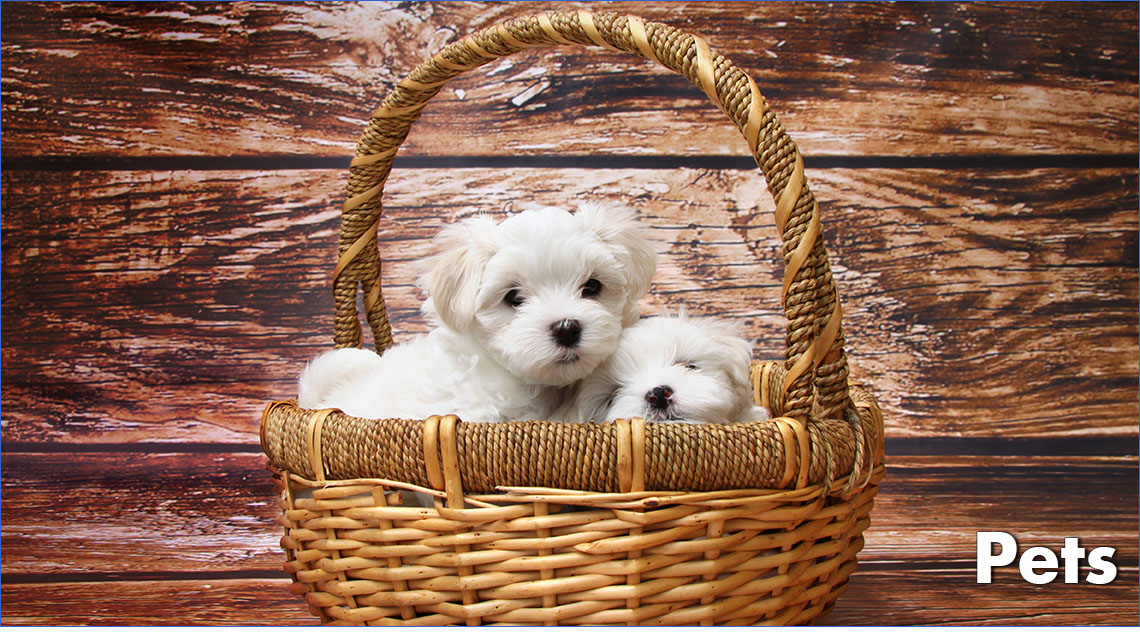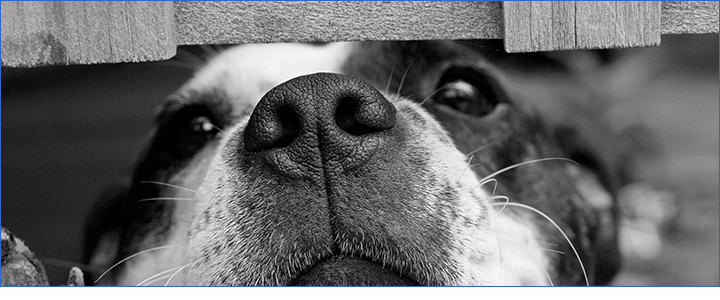A Pet By Adopting A Rescue Animal
Before I became involved with the animal shelter in my hometown, I didn’t really give much thought to shelter pets vs. breeder pets. To me, a puppy was a puppy. I was naïve to the problems surrounding my particular area concerning animal overpopulation. Also, being an avid dog-lover, I couldn’t understand or even fathom the idea of getting rid of a litter of puppies by throwing them in a box and them throwing that box into a canal. Yep, this happens—more than you think. I have also heard stories of feral cats having kittens in a barn and the owner of the barn using the kittens as target practice. Needless to say, I was appalled. How could any human possibly even think about doing such a heartless act?? Well, folks, it happens.
Our particular town has a city-run shelter. There is a massive team of volunteers that work relentlessly to get the animals adopted, but even their around-the-clock efforts cannot keep the shelter from being overcrowded. Thus, a new non-profit organization was formed and began fundraising to build a state-of-the-art shelter that would help the city shelter (not replace) with the over-crowding problem giving the animals a better chance and a longer chance to find their forever home.
I am like everyone else — I LOVE a new puppy. I like the idea of starting with those tiny little snuggles and having them grow up alongside my family. The easiest way to get a puppy is to find a breeder. I have a lot of friends that have gone this route. I try not to be judgmental, but it’s hard now that I have an inside look to the ones who really really really need a home. Puppies will always be adopted… it’s the adult dogs that struggle. Did you know that adult black dogs and cats are the HARDEST to find homes for?
The best time I had working for the new shelter was hearing all the wonderful adoption stories and rescue stories of their dogs and cats. So many times the person telling me the story would have tears in their eyes because of the love they share with their pet(s). I swear that every rescue I met knew they were given a second chance at life and were so grateful for it. The sweetest, most playful I have ever met.
Let me just run some interesting points by you concerning animals. I’ll start with the overpopulation problem. For every human baby that is born, there are 15 dogs and 45 cats. Why so many??? Well, it is a simple reason… it is so incredibly important to spay and neuter your animals. It is the only guarantee you have that your animal won’t add to the overpopulation problem. Another contribution to the problem is that a lot of people relinquish their pets to shelters because they cannot care for them anymore or because they don’t want them anymore. The solution?? Do NOT become a pet owner if you cannot fulfill the responsibility. It is a HUGE responsibility, and the decision to own a pet of any kind should be made with a careful heart and consideration to the commitment it takes.
Besides the overpopulation problem in the US alone, if you are thinking of getting a family pet, look at shelters first. Did you know that there is a high percentage of purebreds brought into shelters? Also, one thing I did not know before I became immersed in the Animal-Shelter-World was that there are breed-specific rescues out there. As I stated before, our town has a dedicated group of individuals trying to save the lives of our homeless pets by doing various things. One of those things is finding rides for certain dogs to go to other rescues. There is a German Shepherd rescue in Montana that takes in a lot of dogs from my area. I have worked with Pomeranian rescues, Pit-Bull Rescues, and many others. So, if you are looking for a specific breed, please take the time to look into rescuing one instead of buying one from the Pet Shop or a breeder.
There are benefits to going to a breeder, I am not going to lie. There are also challenges that come with getting a purebred animal. Some of the benefits include: knowing exactly what you are getting; having the opportunity to see the mother and the environment in which it was raised in its first few weeks; and getting to raise your animal from early on in its life. Some of the challenges with a breeder might include: more health issues arise in purebreds; many times a breeder is a very expensive way to purchase an animal; and new baby animals are a GIANT responsibility and can be very expensive to train.
The benefits of adopting an animal from a shelter are pretty awesome: you save two lives—the animal you choose, and the animal coming in the shelter to take the place of your new pet. If you choose a mixed breed, they tend to have fewer health problems. Generally speaking, the volunteers of the shelter or rescue group know the animals’ personalities and can guide you to the one that makes the most sense for your family. The cost of adopting is usually much much lower and the animals will have been vetted and spayed or neutered before adoption. Lastly, the gratitude you feel from adopting a rescue is like no other in the world. Naturally, there are some challenges with adopting a shelter animal too. The main concern is not knowing just how your new pet will react once you get them home. Most shelter animals have a story that is heartbreaking and usually includes abuse. Some shelter animals shy away from males or children. As unfortunate as this is, most shelters are willing to take the animal back if it truly does not fit into your family.
I have loved every rescue animal I have met. Some have taken a little longer to warm up to their new families and new surroundings, and others take to their new lives with ease and just know that they are the missing puzzle piece to that family. I love puppies. I love new animals… but the next pet I get will be from a shelter or rescue group. My paradigm shifted when I started learning about the true heroes in the world—animal rescue workers and volunteers. It opened my eyes to a world full of love and devotion. From what I have seen, a family doesn’t always rescue an animal… more often than not the animal rescues them.
Published: August 1, 2016
By: Phillip Gilliam






 ,
,